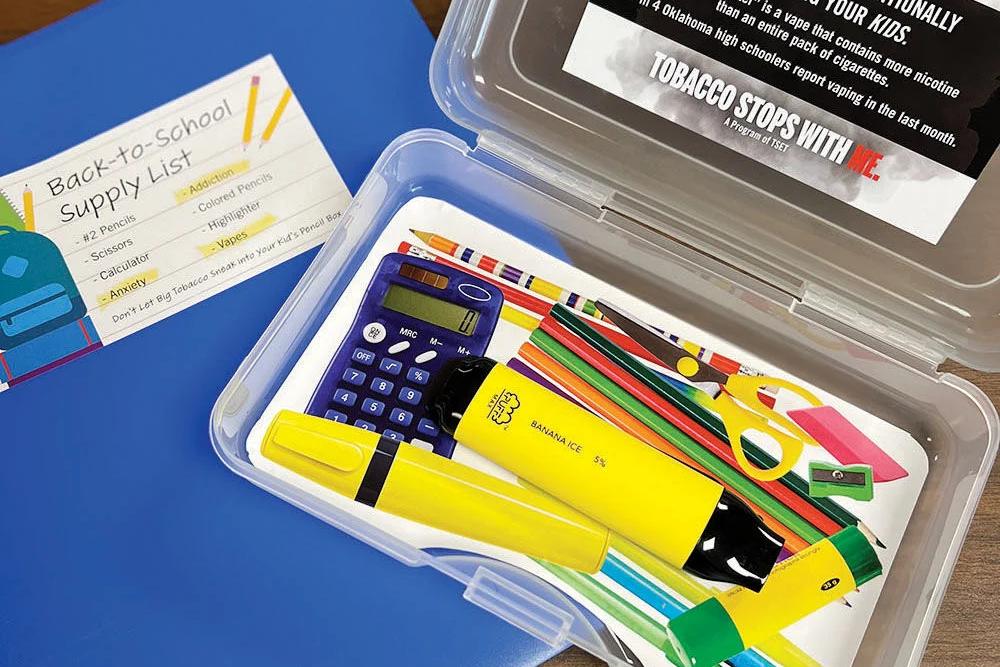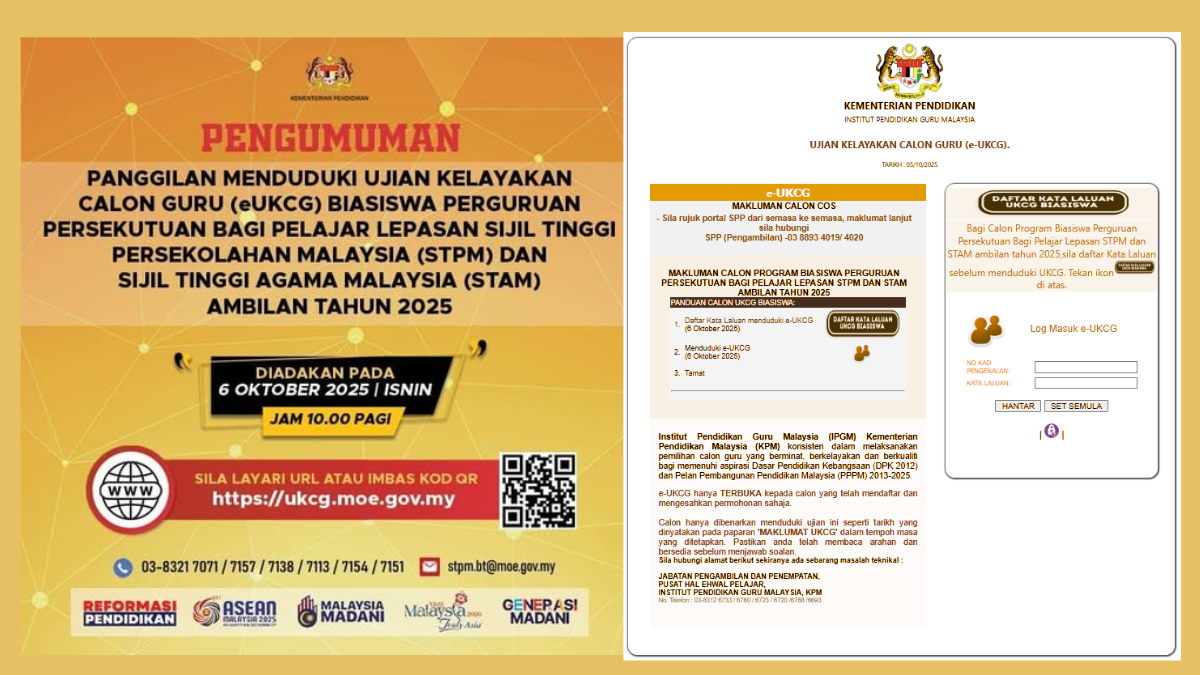The World Health Organization (WHO) expressed his in-depth concerns about the increasing use of electronic cigarettes among children and adolescents in Indonesia. In the latest report, WHO noted that the use of vape among students aged 13 to 17 years reached 12.4%. This shows a significant surge compared to the number of use among adults with the age of 25 to 44 years which only reaches 3.1%. This data is taken from the 2021 Global Adult Adult Tobacco Survey (GATS) and Global School-Based Health Survey 2023, which shows that the two young age groups are increasingly vulnerable to the use of this tobacco product.
Dr. N. ParanieTharan, WHO representative for Indonesia, emphasized that this number indicated a serious problem in public health. “Special concerns emerged from the high number of electronic cigarette use among young people,” he said on Friday (5/31/2025). This warning is in the spotlight on the momentum of the World Tobacco Day (HTTS) 2025, which encourages the government to focus on controlling diseases caused by cigarettes.
In the midst of this concern problem, WHO gave praise to the Indonesian government for ratifying Government Regulation No. 28 of 2024. This regulation includes a number of significant steps aimed at limiting the use of tobacco products, especially among young people. Some important things from this regulation are:
- Increased minimum age limit To buy tobacco products, including electronic cigarettes, to 21 years.
- Prohibition of cigarette sales retail.
- Health warning requirements Picture that covers 50% of product packaging.
- Prohibition on the use of taste and additivesand the prohibition of tobacco advertising on social media.
WHO assesses these steps as a big breakthrough in an effort to protect future generations from the dangers of tobacco products. “These steps show a strong political will and awareness of the importance of young health protection to realize the vision of Indonesia gold 2045,” continued ParanieTharan.
However, WHO emphasized the importance of firm action based on evidence and calling for Indonesia to continue the momentum of tobacco control. One of the recommended steps is the application of standard packaging for all tobacco and nicotine products. Standard packaging will eliminate promotional elements and make products look more unattractive to young users. Data shows that this policy is effective in reducing the attractiveness of tobacco products. This success can be seen from other countries that have implemented it, including Australia, which recorded a decrease in smoking and better public health results.
At the global level, around 25 countries have implemented standard packaging policies, while four other countries are now in the implementation stage. In the ASEAN region, several countries such as Laos, Myanmar, Singapore and Thailand have also adopted similar policies, which show that this step is worth implementing in Indonesia.
Nevertheless, the tobacco industry often opposes this effort with unfounded claims that have the potential to harm small businesses and trigger illegal trade. However, WHO stressed that evidence from a country that has adopted standard packaging shows the opposite.
With a strong legal position based on Article 435 Government Regulation Number 28 of 2024, Indonesia has a foundation for further step. Technical regulations are needed to implement the policy. This is a crucial moment for Indonesia to protect the health of future generations from the risks caused by tobacco and nicotine products.
Game Center
Game News
Review Film
Rumus Matematika
Anime Batch
Berita Terkini
Berita Terkini
Berita Terkini
Berita Terkini
review anime


